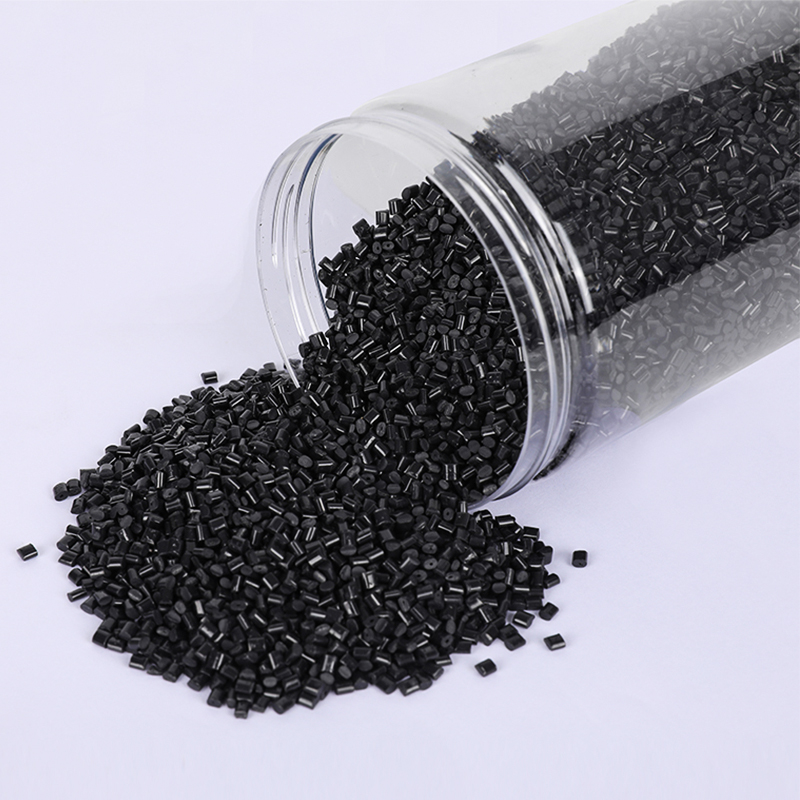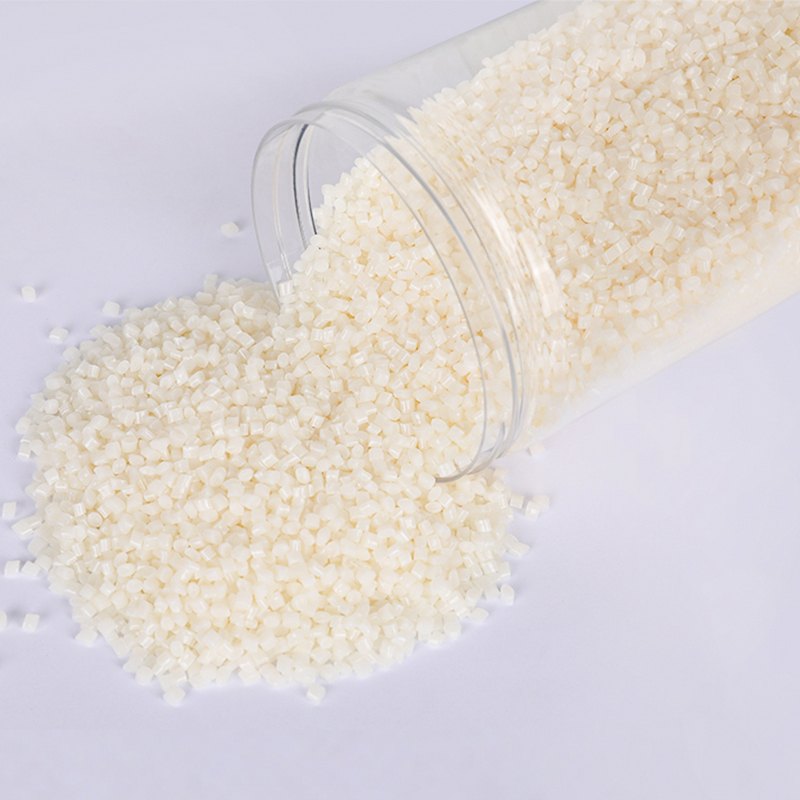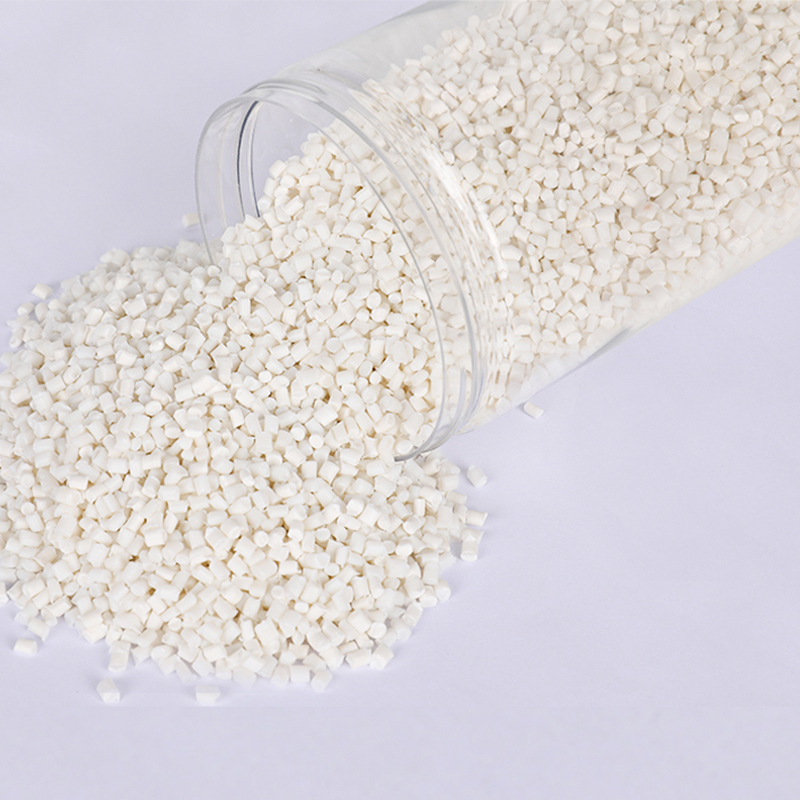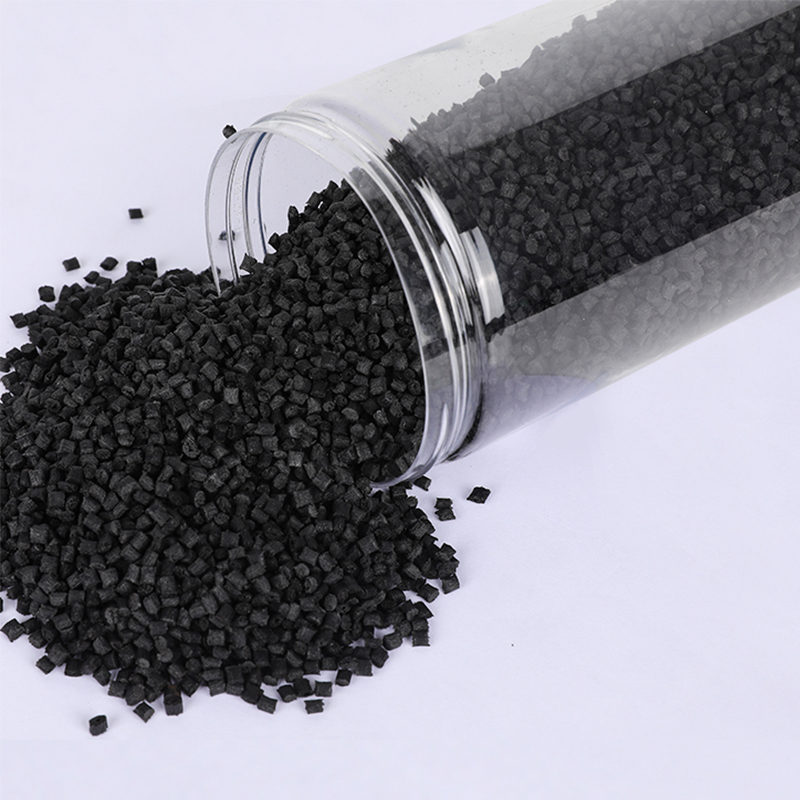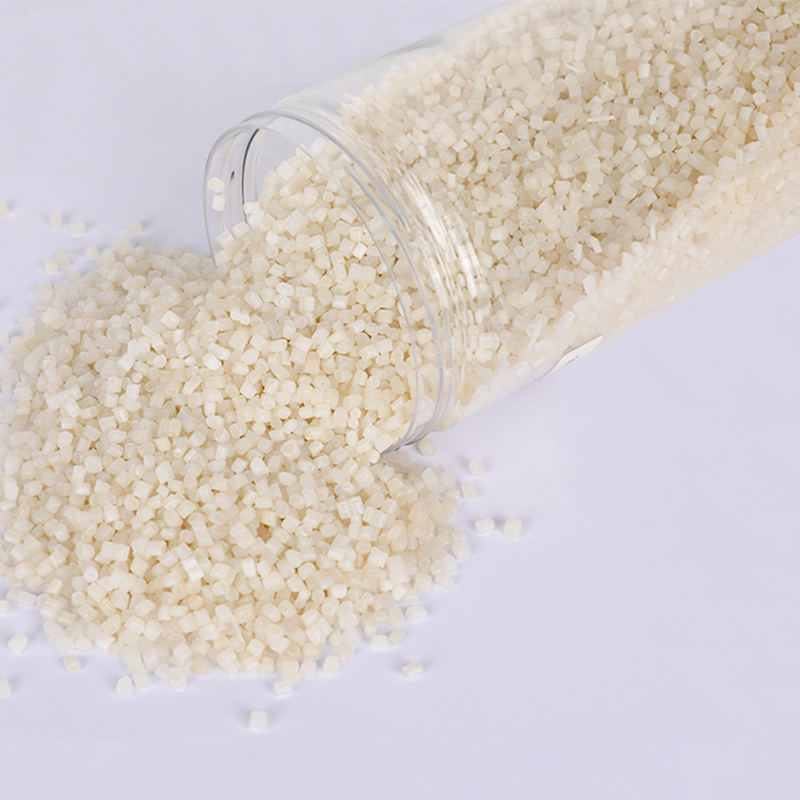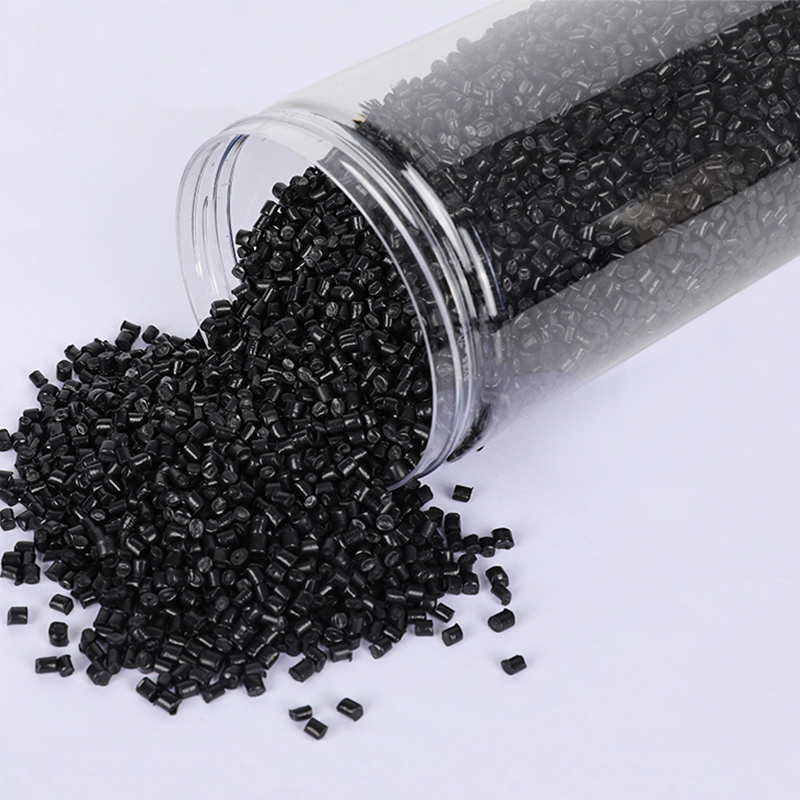Stay up to date with our recent products
Web Menu
Product Search
Exit Menu
How do recycled plastic pellets contribute to a circular economy?
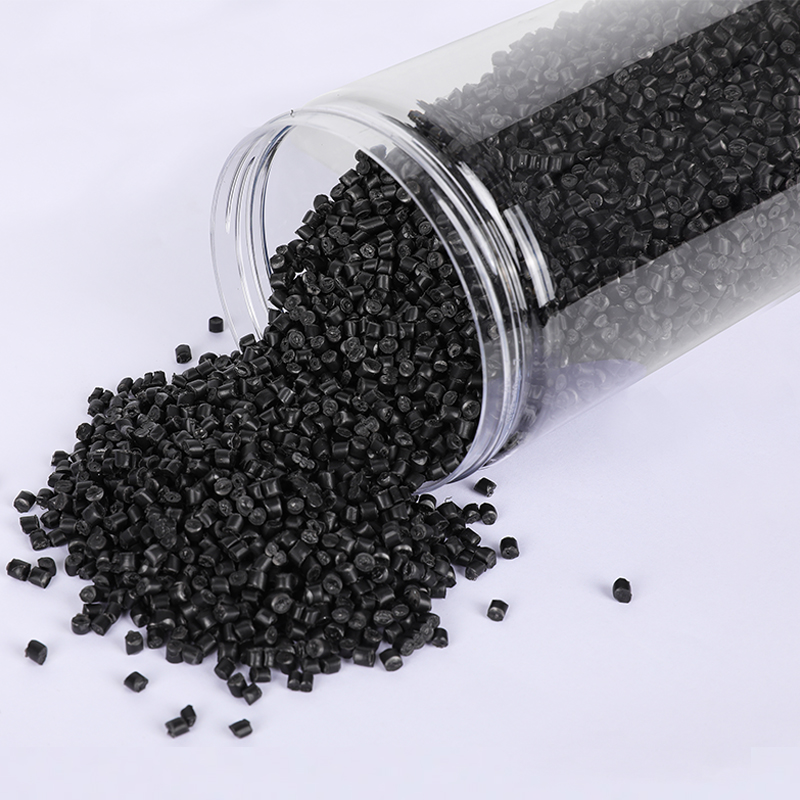
One of the primary contributions of recycled plastic pellets to the circular economy is resource conservation. By utilizing recycled plastic pellets, manufacturers reduce their reliance on virgin plastic resin, thereby conserving natural resources such as crude oil and natural gas. This shift towards using recycled materials helps alleviate the environmental strain caused by extracting and processing virgin plastics. Moreover, it minimizes the amount of plastic waste destined for landfills or incineration, effectively reducing the burden on waste management systems and mitigating environmental pollution.
Energy Savings and Carbon Footprint Reduction:
The production of recycled plastic pellets typically requires less energy compared to manufacturing virgin plastic pellets. This translates to lower greenhouse gas emissions and reduced energy consumption, contributing significantly to efforts aimed at combating climate change. By choosing recycled plastic pellets, businesses and industries can play a pivotal role in reducing their carbon footprint and fostering a more sustainable manufacturing ecosystem.
Economic Opportunities and Circular Design Principles:
Embracing recycled plastic pellets also creates economic opportunities within the recycling industry. From collection and sorting to processing and manufacturing, the recycling sector generates jobs and stimulates economic growth. Furthermore, the use of recycled materials encourages the adoption of circular design principles among product designers and manufacturers. Designing products for durability, reparability, and recyclability becomes a priority, reinforcing the circularity of the production cycle and minimizing waste generation.
Closed-Loop System and Consumer Awareness:
Recycled plastic pellets facilitate a closed-loop system where plastic waste is collected, processed, and transformed into new products. This closed-loop approach extends the lifecycle of plastics, promotes resource efficiency, and reduces the need for virgin material extraction. Additionally, the availability and use of recycled plastic pellets raise consumer awareness about recycling, waste reduction, and sustainable consumption practices. Consumers become more conscious of their purchasing choices, preferring products made from recycled materials and supporting businesses committed to environmental stewardship.
Regulatory Support and Sustainable Production:
Governments and regulatory bodies worldwide are increasingly endorsing the use of recycled materials, including recycled plastic pellets, through policies, incentives, and regulations. These regulatory measures encourage businesses to adopt sustainable production practices and integrate recycled materials into their supply chains. As a result, the adoption of recycled plastic pellets becomes not only an environmentally responsible choice but also a strategic imperative for companies navigating evolving regulatory landscapes.
As China PCR Recycled Plastic Granules Factory, We always adhere to the experience and philosophy of "keeping up with the times, constantly innovating, developing efficiently, and cooperating for mutual benefit"

Address: No.11, Wangzhuang Section, Provincial Road 01, Daqiao New Area, Economic Development Zone, Haiyan County, Jiaxing City, Zhejiang Province, China
Phone: +86-18058285678
Fax: +86-0573-86868101
E-mail: [email protected]
SUNRISE GROUP(Overseas Exclusive Agent)
www.sunrisechemical.com
2024 ICIS Global Chemical Distributor Top 8
Export Sales Manager:Helen Zhang
Mob/Whatsapp: +86 19883063465
Email: [email protected]
Copyright © Jiaxing Anyiju Plastic Industry Co., Ltd. All Rights Reserved

 简体中文
简体中文 English
English

